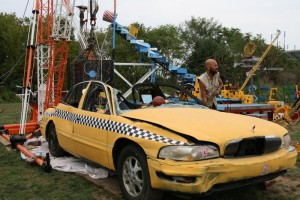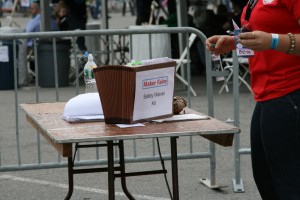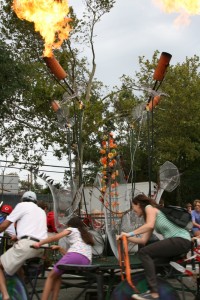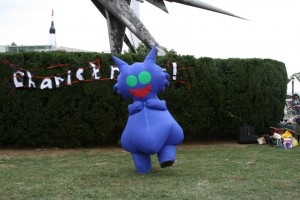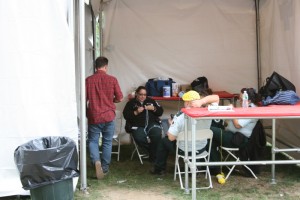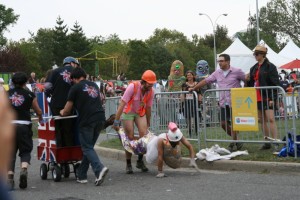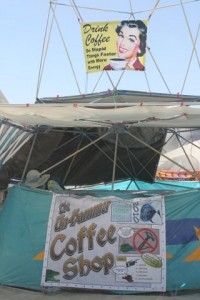Here’s a chance to learn and give feedback on Burning Man’s policy on the use of images. I will be moderating the discussion – you can participate in-person or virtually. Below, I’m quoting the original post from here.
“Ever wonder what the small print on the back of a Burning Man ticket really means to a photographer? Want to understand why Burning Man has certain “Terms and Conditions” regulating media use? Curious about how the Electronic Frontier Foundation’s (EFF’s) recent criticisms have affected Burning Man’s policy on the use of images? Want to learn more about this or share your opinion? Join us for an ongoing public dialogue about digital rights at Burning Man and implications for wider society!
On Fri., Oct. 1, 2010 5:30-6:30 pm EDT, Burning Man IP Legal Counsel Terry Gross and Burning Man adviser Rosalie Barnes will have a panel discussion with EFF’s Corynne McSherry at the Open Video Conference. The panel meets at the Auditorium of Fashion Institute of Technology (FIT), located at Seventh Avenue and W. 27th Street in New York City.
You’re invited to participate in-person or virtually! Details about registering for in-person are here: http://www.openvideoconference.org/.
The session will be streamed live via the Internet on the main conference page via www.openvideoconference.org. Folks watching online will be able to tweet questions to discussion moderator Katherine Chen using a hashtag. For more info and online discussion about Burning Man’s digital rights policy, go here: http://blog.burningman.com/digitalrights/.
This is what Open Video Conference has on their site:
“Summary: EFF v. Burning Man – (Friday, October 1 5:30 PM – 6:30 PM)
Description: Each year, Nevada’s Black Rock desert plays host to the Burning Man festival. Tens of thousands of people make the pilgrimage to celebrate self-reliance, creativity and freedom. Anything goes in Black Rock City–except, apparently, when you’ve got a camera in your hand…
For some time, the organization behind the event has enforced a highly restrictive set of policies around photography in Black Rock. Through its ticket sales and online terms of use, the Burning Man Organization claims ownership over all photos and videos created at the festival.
In late 2009, Electronic Frontier Foundation’s Corynne McSherry went on the attack, criticizing these rules in a post at EFF’s Deep Links. This set off an internet battle for the ages. Burning Man argues these restrictions protect attendees’ privacy. People escape to Black Rock to express themselves freely, not have every action documented—-and they need to be protected. But EFF thinks attendees’ freedom of expression, and their copyrights, must be respected. How do you balance both concerns?
In a interesting turn of events, Burning Man, the EFF and Creative Commons have entered into negotiations to transform the largest counter cultural art gathering in the world into a legal platform for human readable language and free culture. Will it work? Will it crash? What will they as a team decide?
Join us for a real world ethics question, and a small-scale version of the free culture debate with insights into the governance of online video platforms, privacy, autonomy, and freedom of expression. Throw in panelists from Burning Man, EFF—and giant burning wicker man—and you have one interesting discussion. http://blog.burningman.com/digitalrights/
Presenters:
Corynne McSherry — Electronic Frontier Foundation
Lightning Clearwater III — Burning Man IP Legal Counsel
Rosalie Barnes — Burning Man
Moderator: Katherine Chen – Assistant Professor of Sociology, CUNY””


